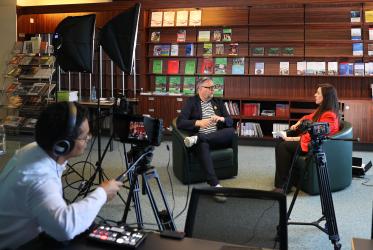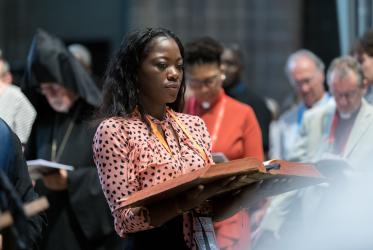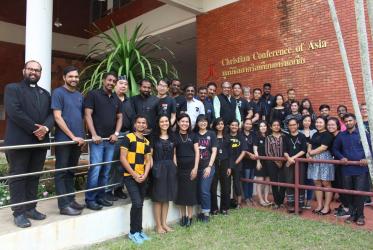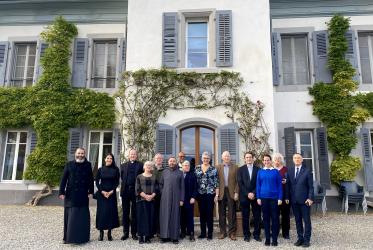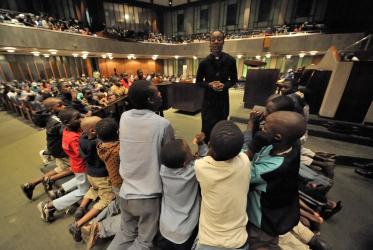Displaying 1 - 20 of 102
WCC webinar explores decolonizing beauty
11 December 2023
Ahead of Her Time
Pan-African Women of Faith and the Vision of Christian Unity, Mission, and Justice
01 November 2023
WCC will host consultation on evangelism and formation in Latin America
20 September 2023
WCC Eco-School for Europe and North America region
11 - 18 November 2023
Orthodox Academy of Crete, Greece
WCC mourns the death of Julio de Santa Ana
20 April 2023
Towards a Global Vision of the Church Volume I
Explorations on Global Christianity and Ecclesiology, Faith and Order Paper 234
14 November 2022
Migrants in Argentina find listening ears and open hearts
04 November 2022




